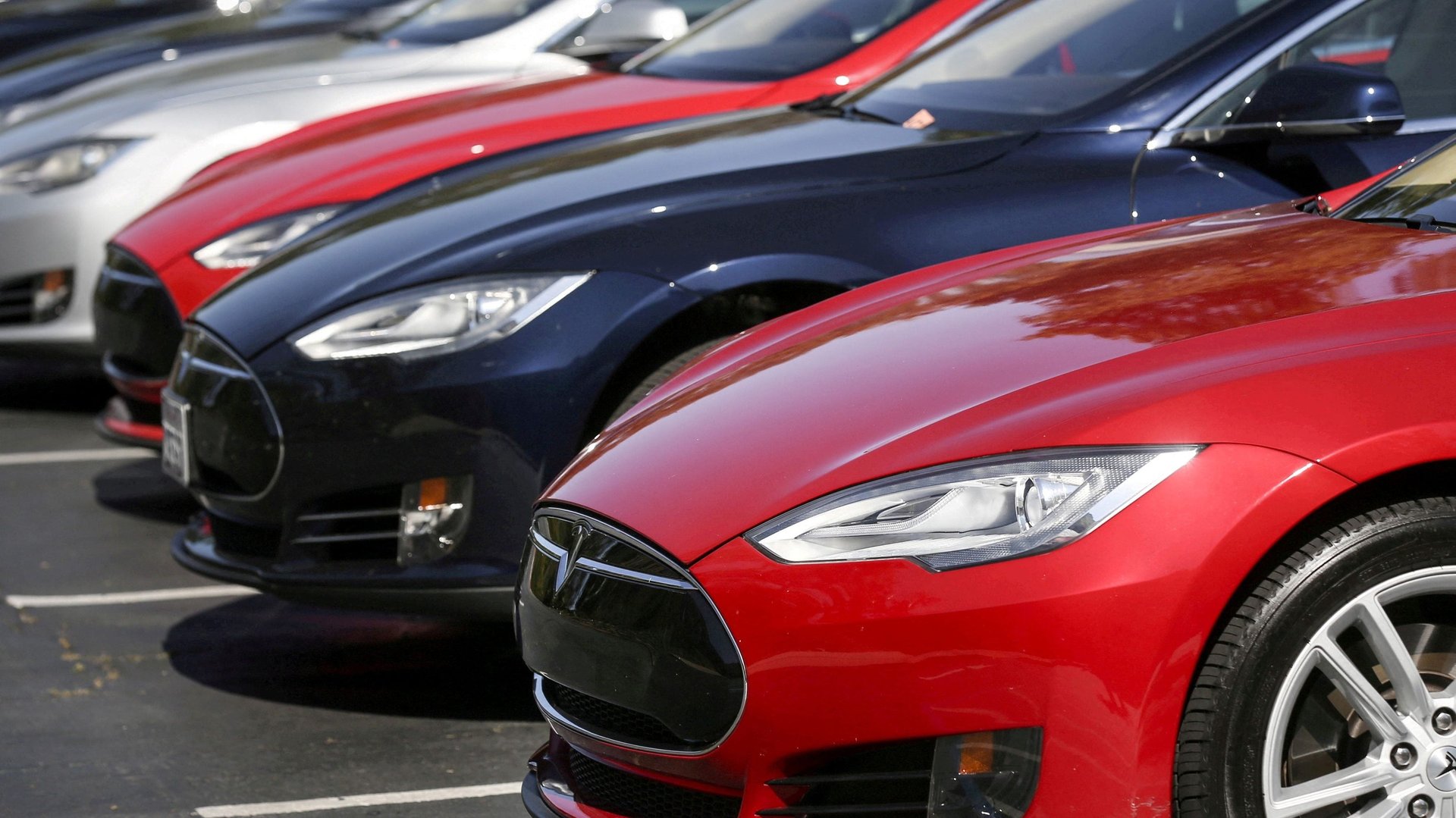Why does Tesla keep recalling cars?
If you buy a Tesla, there’s a good chance the company will need to fix a serious problem. Nearly 1 million cars have been recalled in the company’s history.


If you buy a Tesla, there’s a good chance the company will need to fix a serious problem. Nearly 1 million cars have been recalled in the company’s history.
On Feb.9, the National Highway Traffic Safety Administration (NHTSA) in the US confirmed a recall (pdf) of 26,681 Tesla vehicles over defective windshield defroster software that may reduce visibility.
Earlier, on Jan. 30, an NHTSA notification (pdf) announced a recall of Tesla vehicles with Full Self-Driving (Beta) software over the “rolling stop” functionality which let them move through intersections without coming to a complete halt. The decision, made public yesterday (Feb. 1), affects 53,822 cars. The company introduced rolling stops—something human drivers do all the time—as part of its “aggressive” drive mode last October.
The company has been in hot water for a variety of reasons, including allowing drivers to play video games while behind the wheel, and autopilot causing crashes with parked emergency vehicles:
- 2015: Nearly 90,000 Model S vehicles in Europe were recalled because of faulty seatbelts
- 2018: Tesla recalled 123,000 Model S vehicles over power steering issues.
- 2021: In November, Tesla recalled 7,600 US vehicles over concerns that their air bag cushions may tear when deployed. A month later, it recalled more than 475,000 Model 3 and Model S cars in the US to fix rearview camera and trunk issues that increase the chances of crashing. Around the same time, another 200,000 Teslas were recalled in China for front hood and rear trunk issues that contribute to the risk of collision.
Are Teslas really getting safer?
But according to Tesla’s own data, its cars have been getting safer and safer over the years.
It may seem a low bar, but its cars rarely catch fire, Tesla data show, and they’ve gotten steadily better since 2012. The carmaker adds the data set “includes instances of vehicle fires caused by structure fires, arson, and other things unrelated to the vehicle.” In 2018—the last time it shared an exact data point for this—these unrelated reasons accounted for 15% of Teslas that caught fire.
In addition, its autopilot feature apparently leads to a tenth of the number of collisions US vehicles have each year on average. Tesla drivers that don’t even use autopilot and safety features are also apparently touted to be way safer.
But critics say Tesla’s data are limited, and also misleading, for not taking into account the fact that collisions are more common on city and single-lane roads than on highways, where autopilot is mostly being used.
In addition, comparing Teslas to all other vehicles is hardly a fair test. Since 2009, Tesla has produced fewer than 2 million vehicles. In 2021, there were nearly 290 million cars on US roads.
This piece has been amended to reflect the fact a recall does not necessarily mean Tesla needs to physically take the car back.
This piece has been updated.